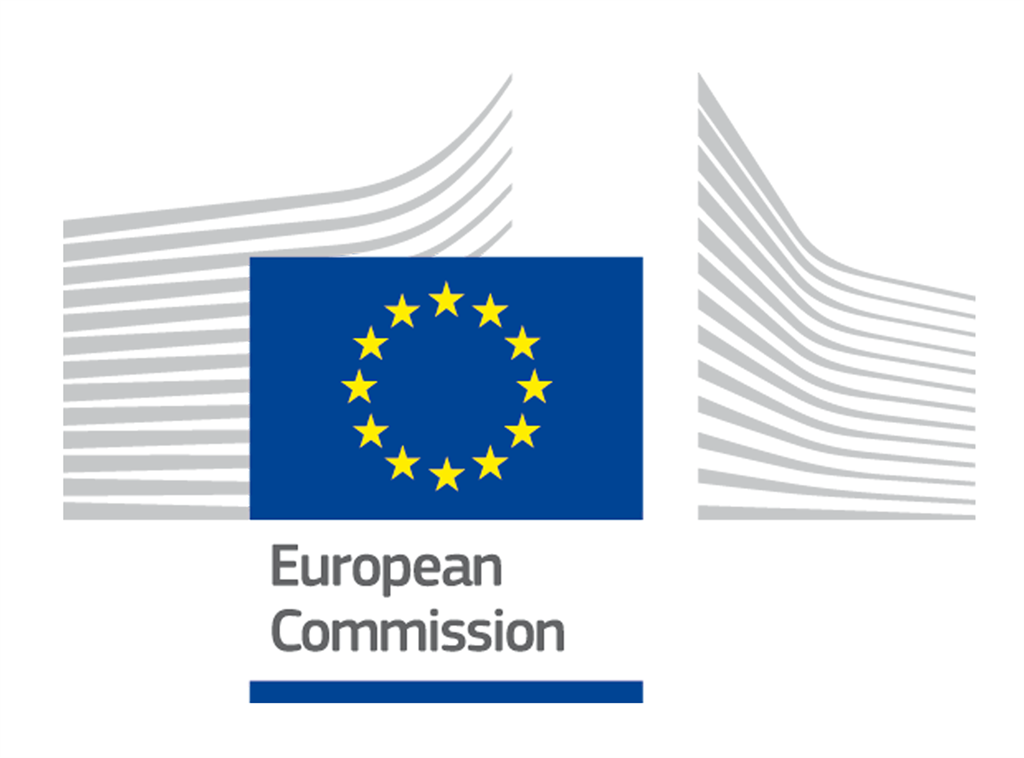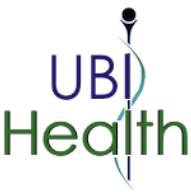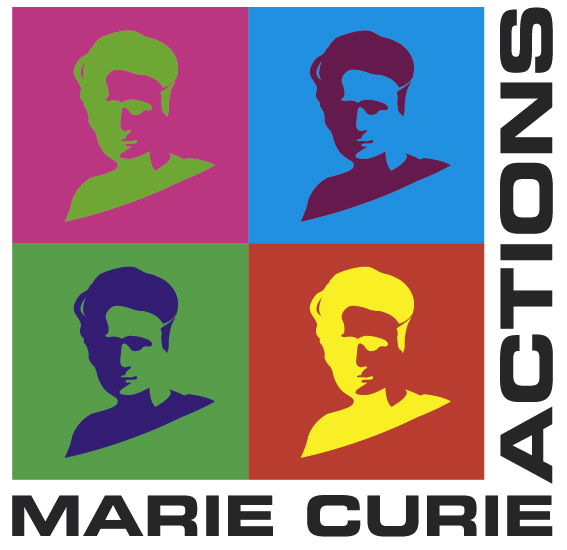
About Ubi-Health
Healthcare models are undergoing a fundamental shift from treatment-based approaches to preventative medicine. This shift can be witnessed throughout developed and developing world in various extents and has been necessitated as a consequence of increasing strain on healthcare institutions to deliver quality care. Due to demographic changes and increasing incidence of various lifestyle-related diseases (such as cardio-vascular for example) it is no longer sufficient to treat and then retreat a disease as required, without addressing the issue of lifestyle habits. The care provisioning costs of preventative medicine are lower in comparison to the treatment-based model, due to patients spending less time in healthcare institutions. Clearly, not all diseases can be prevented; however, preventative measures and lifestyle changes can significantly lower diseases incidence in general population. Therefore, preventative medicine model does not target patients only; general population is encouraged to lead a healthy lifestyle through various media campaigns and advice from physicians.
Monitoring of health parameters and providing opportune feedback is of significant importance in realising preventative healthcare model. In this respect, there is a vast opportunity for technology to make a major impact on realising preventative healthcare model and establishment of new knowledge in treatment methods. The potential impact is not only in reducing the costs of healthcare provisioning and decreasing the strain on the resources, but also the potential of discovering new medical knowledge through sensing of phenomena, made possible because of advancements in sensing technology. The research work that investigates the role of technology in healthcare comes under the umbrella of Pervasive Healthcare research.
Pervasive Healthcare is focused on working out how to cope with the next generation challenges in healthcare. Addressing these challenges will require expertise and knowledge exchange with countries beyond European borders as well as training of the next generation of researchers in order to gain the expertise necessary to be able to address the upcoming challenges. Moreover, research on Pervasive Healthcare has been conducted in several areas, ranging from assisting independent living at home, supporting hospital staff, promotion healthy habits, or providing care to for people with special needs. Each of the members of the consortium has worked in one or more of these areas and they will bring this expertise to the Consortium in terms of multi-disciplinary, methodological and technical approaches.
The UBI-HEALTH program will create a stimulating research exchange foundation that will equip students from different continents with expertise in Pervasive Healthcare. The knowledge of requirements and available technologies for healthcare will be shared and become complementary between students, researchers and host institutions from Europe and the associated third countries. This will allow students to put this knowledge in use in their own context, improving healthcare provisioning and impacting on both preventative medicine and alternative means of treatment.
The main focus of the exchange program is to enable new generation of researchers to adapt novel technologies in different healthcare contexts and establish a network of knowledge dissemination between Europe and third countries.

Goals
The specific objectives of UBI-HEALTH research program can be summarized as follows:
- Objective 1: Enable collaboration between European and third countries researchers to allow the next generation of healthcare researchers in Europe and developing countries to acquire the necessary transdisciplinary research skills and knowledge to make substantive advances in usable pervasive healthcare technologies. Specifically, the focus is on shifting from hospitalized healthcare to home care by the general public. This will be enabled by collaboration of European and developing countries researchers through reciprocal exchange secondments in advancing the research area of Pervasive Healthcare. Realisation of this objective will positively impact Pervasive Healthcare since complementary expertise of participating partners will be used to create new knowledge through collaborative work that will occur during this project and also further future projects that will continue after this project, on the basis of secondments that will result in establishment of new joint research sub-areas.
- Objective 2: Create synergetic transfer of knowledge between participating partners by utilising complementary expertise and developed technologies to further strengthen research on Pervasive Healthcare. Realisation of this objective will positively impact primarily the individual researchers where the complementary knowledge gained during the secondments will be applied on the context of their own work. The partners and the planned secondments between partners have been carefully selected as to maximise the synergy gained through the joint work of individual researchers and their host institutions.
- Objective 3: Provide training and preparation of young researchers to conduct collaborative research and dissemination coordination at the international level. This objective pertains mainly to early stage researchers, where secondments and collaborative work will provide first hand skills on how to carry out collaborative research. Furthermore dissemination activities (such as workshop or conference organisation) based on secondments and collaborative work will provide a valuable experience to ESR as to how to conduct these activities at international level and achieve visibility and awareness of the research output.
- Objective 4: Advance Pervasive Healthcare research field through strengthening of existing research collaborations and fostering creation of new research projects. UBI-HEALTH will provide a solid basis to advance the research on Pervasive Healthcare, where collaboration between participants will take a structured approach. The research collaboration structure will be based on three research areas that are identified as core areas in Pervasive Healthcare research, namely Pervasive Sensing, High Level Analysis and Human to Computer Interaction. These three areas cover the whole spectrum of Pervasive Health research, starting from sensing modalities (Pervasive Sensing), to making sense of the information provided by these sensing modalities (High Level Analysis), to presenting the knowledge to users (patients, physicians, caregivers) in the most appropriate manner (Human to Computer Interaction) to achieve the intended objective (behaviour and lifestyle change, persuasion to adhere to medication or displaying health data for informational purposes).







